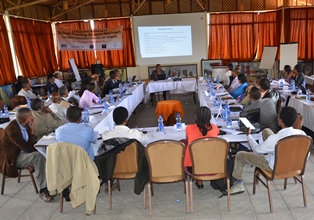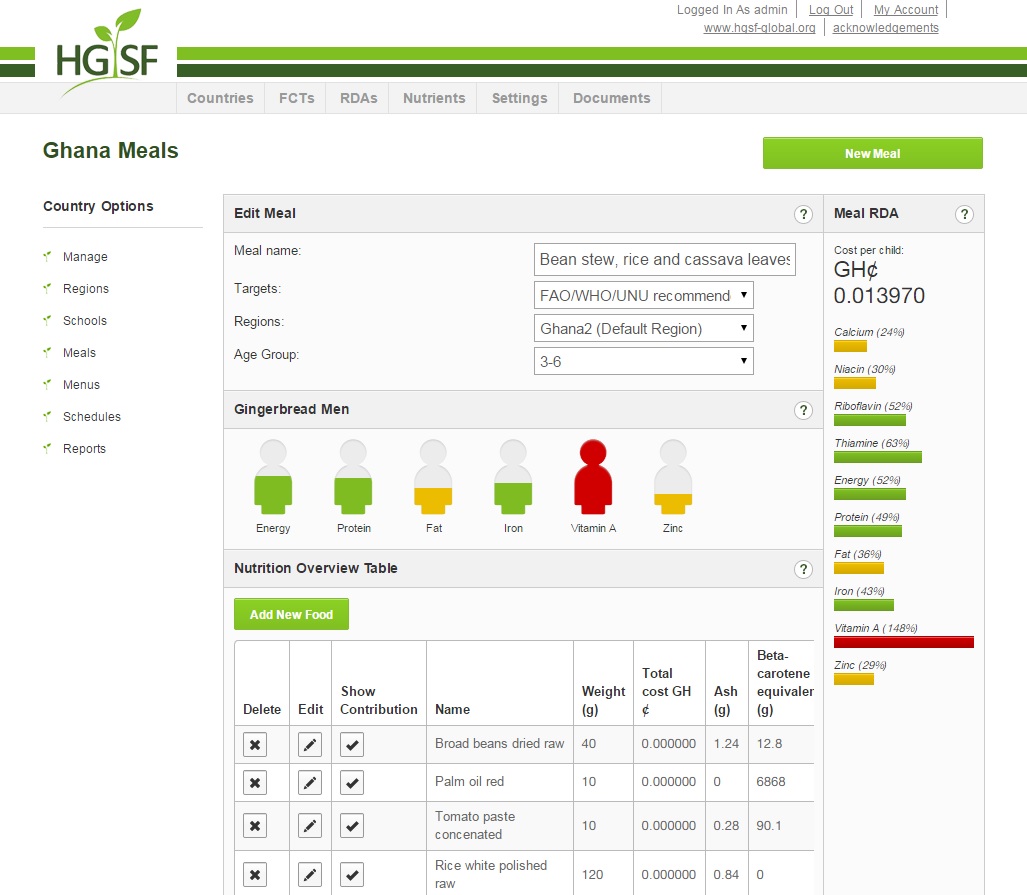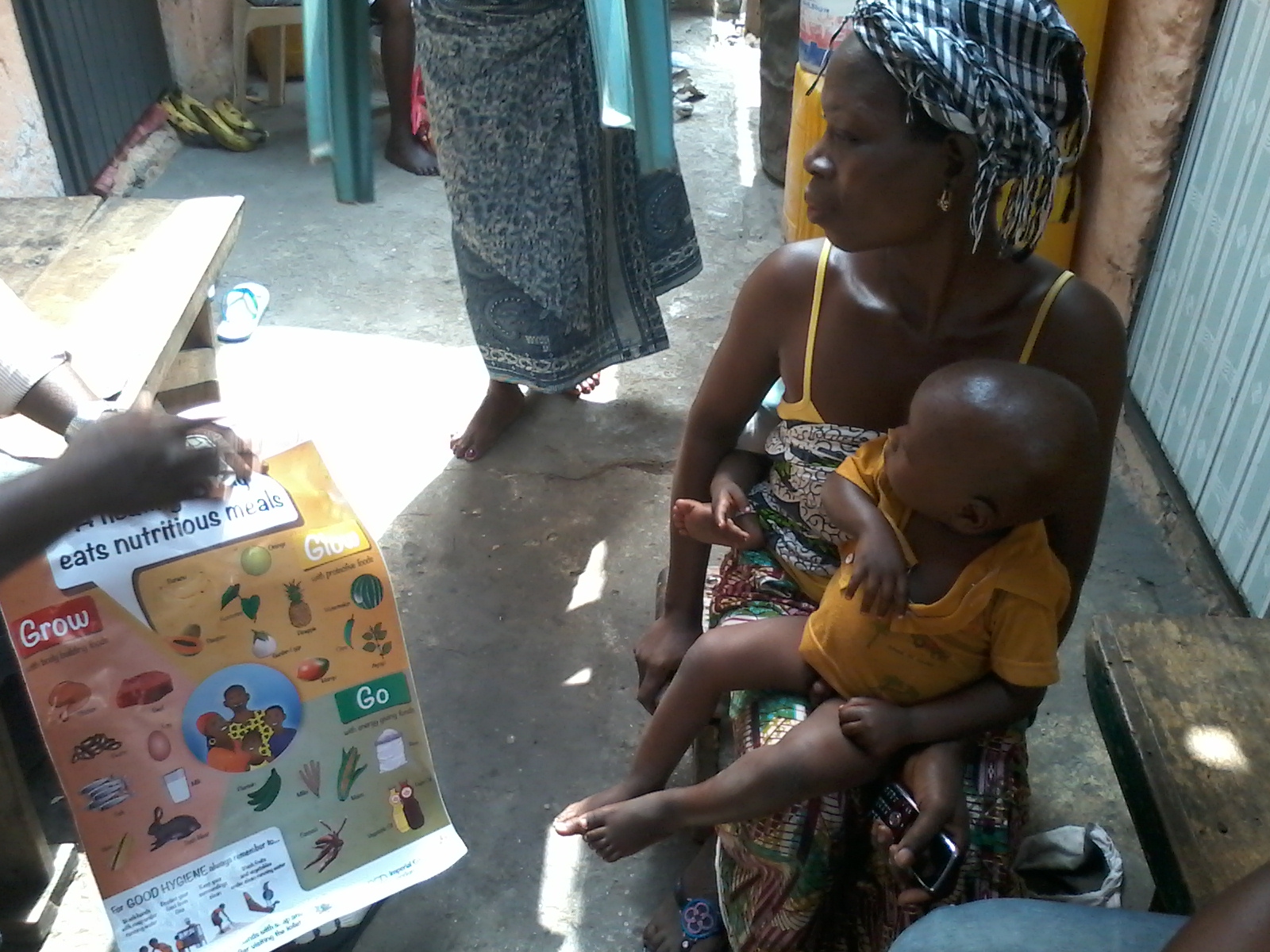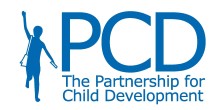Last Updated on Tuesday, 22 December 2015 13:14
Nigeria School Feeding Programme aims to be the largest in Africa
 Imperial College London’s Partnership for Child Development has signed an agreement with the Federal Government of Nigeria to support the development of the country’s national school feeding programme. The programme aims to provide a free school meal every school day to 24 million primary school children, making it the largest national school feeding programme in Africa.
Imperial College London’s Partnership for Child Development has signed an agreement with the Federal Government of Nigeria to support the development of the country’s national school feeding programme. The programme aims to provide a free school meal every school day to 24 million primary school children, making it the largest national school feeding programme in Africa.
PCD’s Executive Director, Dr Lesley Drake, who met with Nigeria’s Vice-President, Professor Yemi Osinbajo to sign a formal memorandum of understanding, said,
“The Nigerian School Meals Programme is very important. With 1 in 4 of school-aged children in Africa being Nigerian, this programme has the potential to have a profound positive impact on the health, education and financial security of millions of families.”
She continued. “We are honoured to be invited by the Government of Nigeria to provide our expertise to help in the scale up of this ambitious and innovative national initiative.”
PCD will be working closely with the Vice President’s office and state representatives to provide technical assistance to state governments to help design sustainable school feeding programmes which procure their food from local smallholder farmers.
Known as Home Grown School Feeding, these school feeding programmes provide a ‘win-win’ both to children and the local agricultural economy alike, with children enjoying the health and educational benefits that a nutritionally balanced school meal brings and the local economy enjoying the increased levels of income and investment that the school market provides.
The agreement follows a recent announcement of a N500billion (£1.7billion) budget allocation to fund social investments such as school feeding, conditional cash transfers for vulnerable groups and youth employment schemes.
The national school feeding programme builds on the success of the support PCD has been providing since 2013 to the Nigeria’s Osun State Government’s Home Grown School Meals Programme. Known locally as O’meals, the programme provides free school meals to the State’s 250,000 primary school children using food procured from local smallholder farmers.
PCD’s expertise in the field of school feeding is built on its track record in successfully supporting governments including those from Kenya, Ghana, Ethiopia, Mali, Tanzania, Uganda and Madagascar to develop school feeding programmes.
The roll out of the programme in January 2016 will initially target one state from each of the country’s 6 geopolitical regions before expanding out to other interested states.
To find out more about this programme contact This e-mail address is being protected from spambots. You need JavaScript enabled to view it l, Partnership for Child Development, Imperial College London.





 For governments seeking to transition from donor assisted school feeding projects to nationally-owned programmes the Systems Approach for Better Education Results (SABER) is a vital analytical tool to help them identify policy gaps and develop effective action plans.
For governments seeking to transition from donor assisted school feeding projects to nationally-owned programmes the Systems Approach for Better Education Results (SABER) is a vital analytical tool to help them identify policy gaps and develop effective action plans.

 Creating nutritionally balanced school meals using local ingredients is not an easy thing to do. This is doubly true when the children relying on your school meals are from communities where food insecurity is high and malnutrition and anaemia are common conditions.
Creating nutritionally balanced school meals using local ingredients is not an easy thing to do. This is doubly true when the children relying on your school meals are from communities where food insecurity is high and malnutrition and anaemia are common conditions. Good child nutrition and hygiene starts at home. To ensure this the programme is promoting healthier lifestyles by training 400 community based health and nutrition champions to take the healthy living message deep into their local communities.
Good child nutrition and hygiene starts at home. To ensure this the programme is promoting healthier lifestyles by training 400 community based health and nutrition champions to take the healthy living message deep into their local communities.